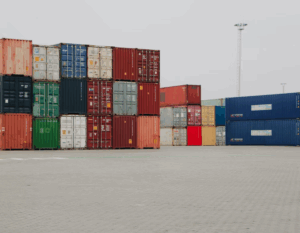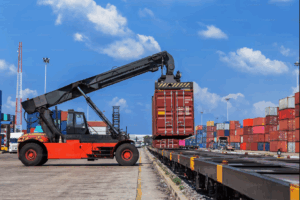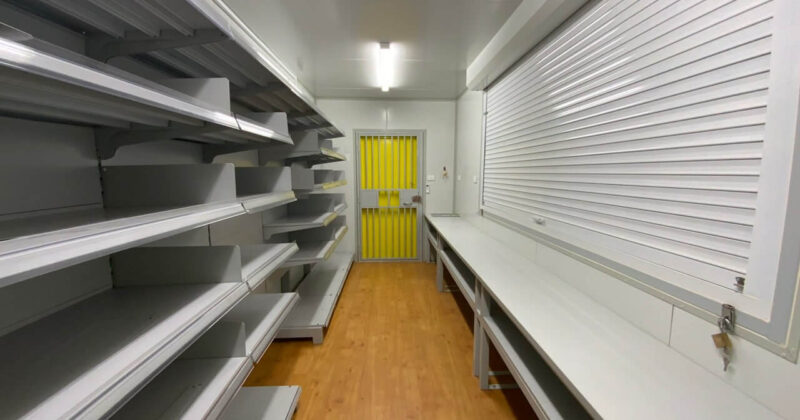Demurrage and detention charges are common in international shipping, but often misunderstood by businesses. Knowing when fees apply and how to avoid demurrage can save your business significant costs and ensure cargo moves smoothly from vessel to warehouse.
What are Demurrage and Detention Charges?
Demurrage changes occur when a container remains at the port or terminal beyond the allowed free time for unloading your cargo.
Detention fees apply when empty containers are kept outside the depot, port, or warehouse longer than the time allowed for returning them to the supplier. Both types of fees are penalties set by the shipping line or carriers to ensure you’re moving equipment and continuing the smooth operation of the supply chain.
Factors like custom clearance delays, bad weather, waiting for truck transport, or errors in booking can all result in additional demurrage fees or detention charges. By understanding the contracts made between you and the shipping line or carrier, costs upfront, you can plan more effectively to ensure your cargo containers don’t incur additional fees you didn’t expect!
Key Points to Know About Demurrage & Detention
- Demurrage fees apply when a full container stays at the port or terminal after free time expires.
- Detention fees or charges apply when customers hold onto empty containers beyond the allowed time.
- Both types of charges vary depending on your carrier, contract and location.
- Storage fees may also apply if cargo is stored in warehouses beyond the agreed period.
- Always important to read over contracts between you and the relevant parties, and make sure you can effectively communicate with your suppliers, carriers and transport companies to avoid demurrage.
- Custom clearance delays, bad weather and operational errors are also common factors behind these incurred costs.
- Good planning and contingency plans are a must to help you avoid penalties and wasted money for your business.
Why It’s Important to Manage These Costs
Demurrage rates and detention charges can add up quickly, sometimes getting up to thousands of dollars per shipment! Every extra day a container is stored at the port or kept beyond the free time allowed is a cost directly incurred by you (the shipper or consignee).
By staying informed and keeping up-to-date about the rules, monitoring when a container arrives, and ensuring transportation and the unloading process are all scheduled correctly, businesses like yours can reduce risks. Clear planning, fast payment, and coordination with trucking companies and depots across Australia ensure your containers are delivered, emptied and returned within the contract terms – help you to safeguard cargo, reduce costs and save money.
Frequently Asked Questions about Demurrage & Detention Fees
1. What are demurrage charges?
Demurrage charges are fees shipping lines will impose when a full container remains at a port, terminal or depot beyond the free time allowed for unloading cargo.
2. How do detention fees differ from demurrage fees?
Detention charges apply to empty containers held outside the port or warehouse after free time expires, whereas demurrage relates to full containers still at the port.
3. When do these demurrage fees occur?
The demurrage charges occur once the free time, which means the time set in the contract by the shipping line or carrier, ends, and the container is still stored at the port or terminal after that time.
4. Who is responsible for paying demurrage and detention charges?
Typically, the shipper, consignee or party named in the contract is responsible for payment, though this may vary depending on your agreement with carriers and suppliers. Always check who is named in the contract before you sign.
5. How can I avoid these charges?
To avoid demurrage, it’s important to plan for any delays for customs clearance, transportation and unloading cargo before the free time expires. Have a contingency plan in place for bad weather, port congestion or errors in documentation.
6. Do these fees vary?
Yes, demurrage fees can vary by carrier, location, equipment type, shipping contract and the number of days beyond the free time period. These are usually calculated per day in dollars and can escalate greatly the longer the container remains.
7. Can storage fees also apply?
Yes, they can. If cargo is moved to a warehouse but not collected within the agreed timeframe, storage fees may also apply in addition to the demurrage or detention charges.










